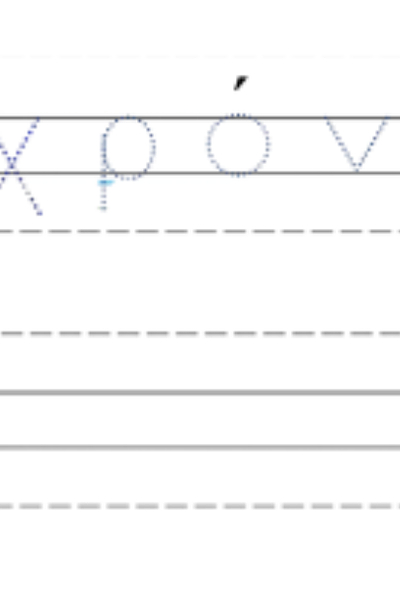In our modern world, the pace of life seems to move faster with each passing day. We rush from one appointment to the next, synchronize our schedules down to the minute, and constantly glance at our watches or smartphones, always aware of the ticking clock. From chronicles and chronology, to chronic, chronometer, and chronic illnesses, time expressions are all related to a very strong Greek word: Chronos.
The Greek word χρόνος (chronos) embodies the concept of time. From χρόνος, we derive the word chronicle, which refers to a factual written account of important or historical events in the order they occurred. Like a diary of history, showing us how things happened step by step, over time. Similarly, chronology is the study of the sequence of events and dates, helping historians and scholars piece together how stories unfold through time.
Another interesting word from χρόνος is chronometer, [χρονόµετρον: χρόνος + µέτρον (metre)]. This is a tool used to measure time with great accuracy. It is especially useful in navigation to determine longitude at sea. Another word, synchronize, means making things happen at the same time or rate - a concept we rely on every day, from coordinating meetings to streaming videos simultaneously across the globe.
These connections show us how deeply the concept of time is in our language and thinking. Time orders our lives, records our stories, and even ties into tales of thousands of years. This is what I love when exploring the origins of words: I get to appreciate not just the progression of events, but also the broader history of human experience.
Questions:
1. How do chronometers differ from regular watches, and why are they crucial for navigation?
2. Why might understanding the origin of words like "chronic" help medical professionals communicate more effectively with patients?
Activity:
Create Your Own Timeline: Design a timeline of significant events in your life or a historical period you are studying. Use terms like “chronicle, ”chronology” and “chronological order” to organize and describe the events.
Write it out:
Practice your ancient Greek with this printable traceable page:







